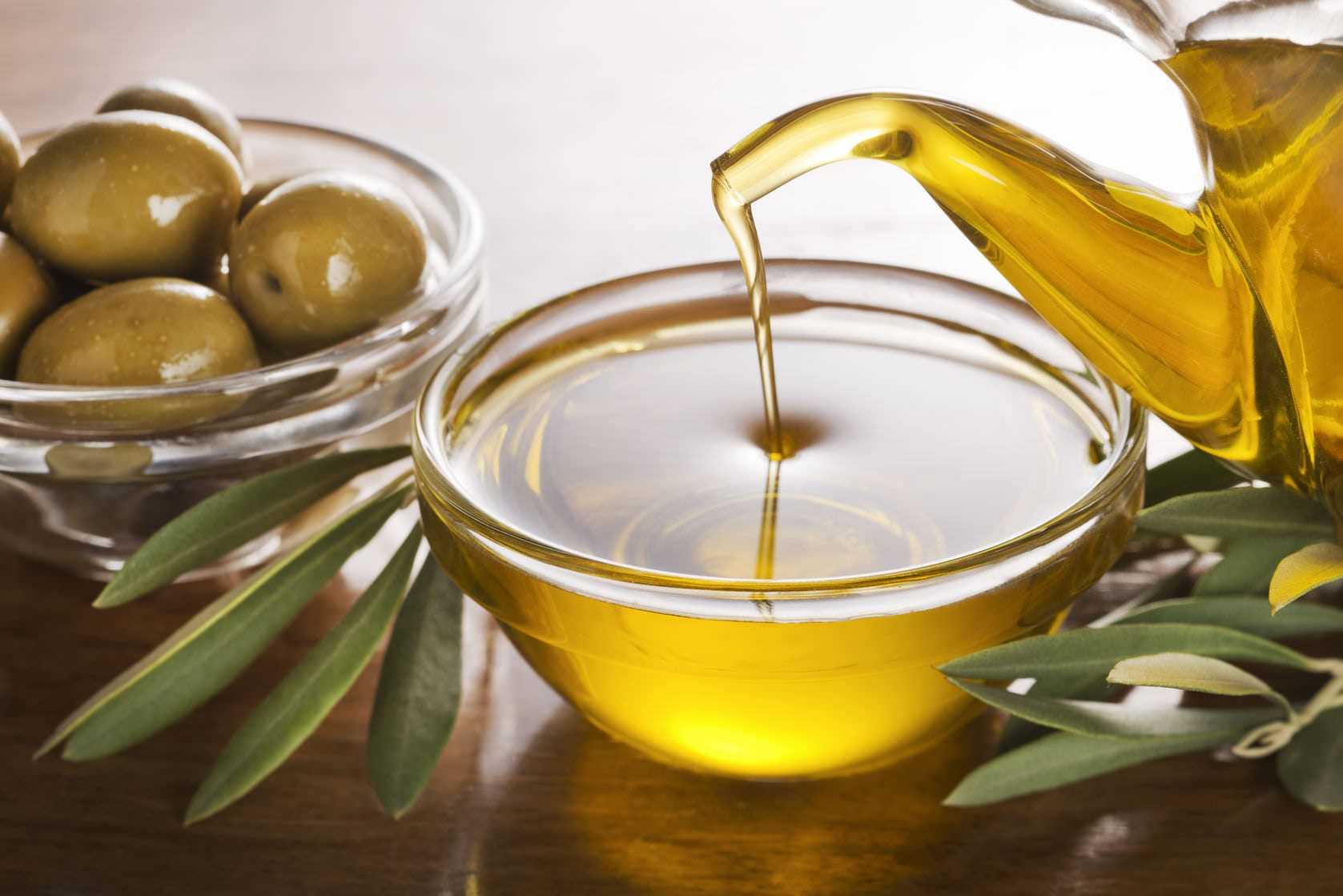A Culinary Treasure: The Fascinating History and Allure of Extra Virgin Olive Oil (Also Me)
Extra virgin olive oil (EVOO) holds a distinguished place in the world of culinary arts, celebrated for its exquisite flavor and numerous health benefits. This liquid gold, with origins deeply rooted in ancient civilizations, has become a staple in kitchens worldwide. In this blog, we will delve into the rich history of extra virgin olive oil, exploring its popularity, the challenges of its harvest, the factors contributing to its expense, and the manifold health advantages it offers.
A Journey Through History
The story of extra virgin olive oil dates back thousands of years, tracing its origins to the Mediterranean region. Ancient civilizations, including the Greeks and Romans, revered olive trees as sacred symbols of wisdom, peace, and prosperity. The extraction of oil from olives was considered a refined art, and its use extended beyond culinary applications to religious ceremonies, skincare, and even fuel for lamps.
The Symbol of Mediterranean Excellence
The unparalleled popularity of extra virgin olive oil can be attributed to its distinct flavor profile and versatility in cooking. Its rich, fruity aroma, coupled with a harmonious blend of peppery and bitter notes, elevates dishes to a new level of culinary delight. Whether drizzled over salads, used for sautéing, or as a dip for crusty bread, EVOO imparts a unique character to every dish it graces.
The Elusive Harvest
Harvesting olives for extra virgin olive oil production is a labor-intensive process that demands precision and care. Unlike other fruits, olives do not have a natural shedding mechanism, necessitating manual harvesting. Skilled pickers must delicately pluck the olives from the trees, ensuring they are at optimal ripeness. This meticulous process ensures that the oil extracted maintains the highest quality and flavor.
The Cost Conundrum
The expense associated with extra virgin olive oil arises from various factors. The labor-intensive harvesting process, coupled with the limited geographical regions suitable for cultivating olive trees, contributes to its higher production costs. Additionally, the pressing and extraction techniques employed to obtain the highest quality oil require specialized equipment and expertise. These factors collectively contribute to the premium price tag of this culinary treasure.
Health Benefits Beyond Compare
Beyond its culinary allure, extra virgin olive oil boasts an array of health benefits. Rich in monounsaturated fats and antioxidants, EVOO has been linked to reduced inflammation, improved heart health, and even potential cancer-fighting properties. Its abundant supply of vitamin E and K further supports overall well-being, making it a cornerstone of the Mediterranean diet, renowned for its healthful attributes.
Conclusion
Extra virgin olive oil, steeped in history and revered for its exquisite flavor, stands as a testament to the enduring legacy of Mediterranean cuisine. The challenges of its harvest, coupled with its premium price, only serve to accentuate its value as a culinary gem. With an array of health benefits that extend beyond the palate, this liquid gold continues to capture the hearts and palates of culinary enthusiasts around the globe, reminding us of the enduring power of nature's bounty in our culinary heritage.
Peace Out

Comments
Post a Comment